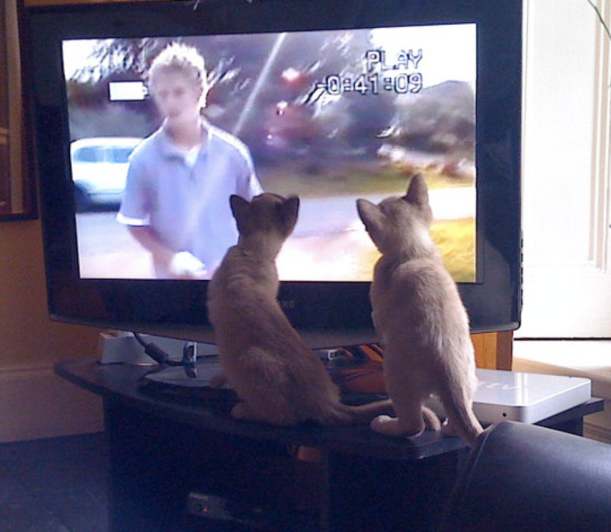Be Here Now. The Power of Now. The Naked Now. These books capture current popular thought about the importance of being present to your own life. I am a huge proponent of this idea; I’ve written multiple posts about becoming aware, waking up out of our auto-pilot existence and truly living in each moment.
And still, the question above came to me today. I have more tasks than time right now, and I don’t actually want to do any of them. Prioritizing is hard. People around me are crabby. Now feels pretty sucky.
But here’s the thing. Now doesn’t get better by avoiding it. In our highly distractable culture, it’s easy to escape into my Twitter feed or Facebook page or numb out to streaming Netflix instead of being present to now. Those distractions don’t change the reasons why I feel negative about now.
So, instead of escaping into some happy veneer overlaying now, I choose to take the opportunity to think about WHY my current now feels sucky. As I do this, I see that I don’t like to be hurried because I fear making mistakes, and I know that when there is more to do than can be done, at least one person will be disappointed with me. That also makes me afraid. I see people feeling stressed (a fancy word for fear) and being unkind to others as a result; that makes me sad.
This is just what’s going on with me. You, of course, are triggered by different things and respond in different ways. It’s even possible that something tragic has happened in your life and you’re having a hard time dealing with it. That is okay. That is also now.
The idea behind being in the now is that you let each moment unfold as it does, rather than arguing with reality by insisting that things go your way. Being aware and present isn’t some hippy bliss fantasy; it involves a determination to actually experience your life rather than reacting to everything based on what’s happened in the past or anticipation of what might happen.
Being present, in short, is hard work. It takes practice. It’s a muscle that is seldom flexed and needs lots of conditioning. Lucky us, life keeps exposing us to things that knock up against our personalities – opportunities to practice. If we are willing to slow down even a little and observe our emotions and thoughts, we begin to see our behavior patterns in action. We “catch ourselves in the act,” as Riso & Hudson put it. We loosen the grip of our personalities and can make different choices. We draw closer to our true selves, to God and to our destinies. To me, that outcome is worth the hard practice.
Ultimately, it’s not that “now” sucks. It’s our reaction to it that does. With compassionate self-observation, we can learn to accept what is beyond our control and live with tremendous peace in the midst of what is.











